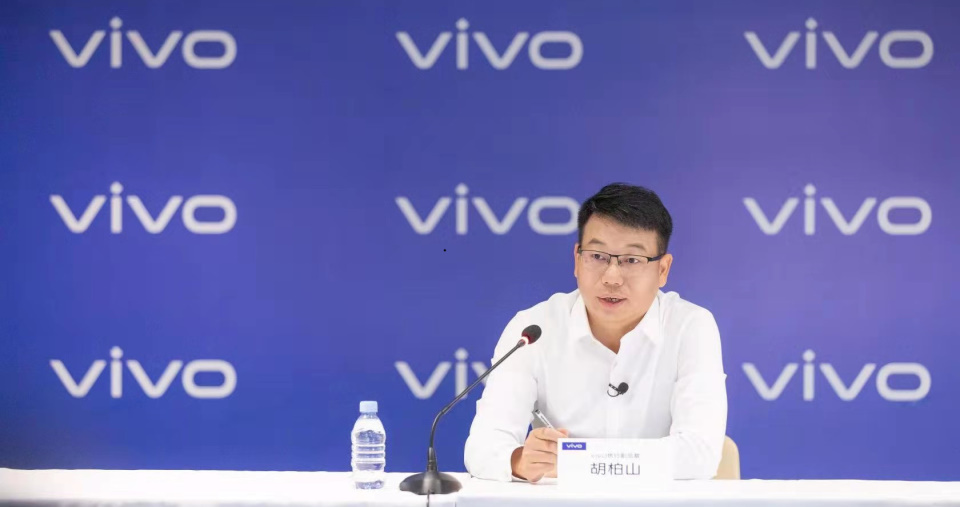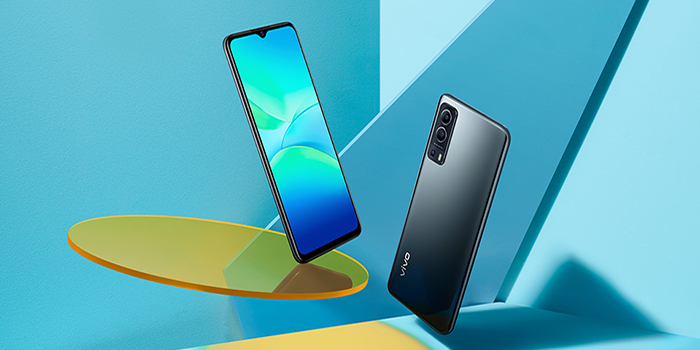vivo breaks new ground with self-designed Imaging Chip V1, committing to long-term technology innovation strategy
London, 3rd September 2021
vivo has unveiled a new in-house designed imaging chip - the V1 - during a press event held in Shenzhen, China. As part of the company's commitment to enable consumers to take their perfect shot, the V1 was developed over 24 months, involving 300 R&D team members and imaging lab experts at vivo.
In 2019, with the evolving demands of users, vivo began incorporating design-driven and user-oriented innovation, taking the lead on developing their own chips as they focus their resources on simulating the known needs of consumers through IP design and developing key innovative image processing algorithms. Subsequently, vivo has been recruiting talents from all around the world to implement this vigorous development strategy and will continue to take the lead on developing their own chips without undertaking chip manufacturing.
Commenting on the new product, Hu Baishan, Executive Vice President & COO at vivo said, "The V1 is a fully-customised integrated circuit chip dedicated for imaging and video applications with cutting edge visual quality, marking a key milestone as vivo's inaugural breakthrough in independent R&D and chip design. In line with vivo's imaging system design, the Imaging Chip V1 can better serve user needs by optimising smartphone application scenarios such as viewfinder look and video recording."
Based on consumer insights, vivo will strike a balance between products and technology by harmonising their focus on ethical pre-research along with product & technical planning. The vivo Central Research Institute will be responsible for planning up-and-coming technologies, which will be closely aligned with consumer demands, industry trends and user scenarios.
vivo has invested heavily in imaging systems over the last five years, achieving many industry-leading breakthroughs such as Gimbal Stabilisation technology and Selfie Spotlight. In December 2020, vivo and ZEISS announced a long-term strategic partnership in mobile imaging innovation. Both partners share the ambition to anticipate and meet most demanding consumer requirements, as well as the will to challenge the limits of mobile imaging through joint research and development at the vivo ZEISS Imaging Lab. Moving forward, vivo's approach towards spearheading innovative image processing (IP) technology at the chip level will mainly revolve around four strategic tracks: image system, operating system, industrial design, and performance.
The vivo and ZEISS partnership has two dimensions of collaboration, the first of which is the product R&D line. The results of joint R&D and combination of ZEISS technologies for mobile imaging with vivo's leading smartphone technology, algorithms, and manufacturing capabilities – such as ZEISS T* Coating and Biotar Portrait Style – can be experienced first in vivo's X60 series. The second dimension is the mutual exploration of shaping the future through mobile imaging, spearheading the advancement of next-level professional photography and videography technologies.
"Aside from enhancing the visual aesthetics and imaging effects of vivo products, the Imaging Chip V1 also aims to bring unparalleled experiences to users by channelling emotional resonance through visual expression. vivo is committed to long-term investment in the four strategic tracks to create industry-leading technology and innovation, which will undoubtedly satisfy even the most demanding high-end smartphone users," Hu added.
The goal for vivo over the next 10 to 20 years is to create products based on a design-driven value, building a bridge between humans and the digital world by providing users with an increasingly convenient mobile and digital experience.

Hu Baishan, Executive Vice President & COO at vivo, speaking at the press event

